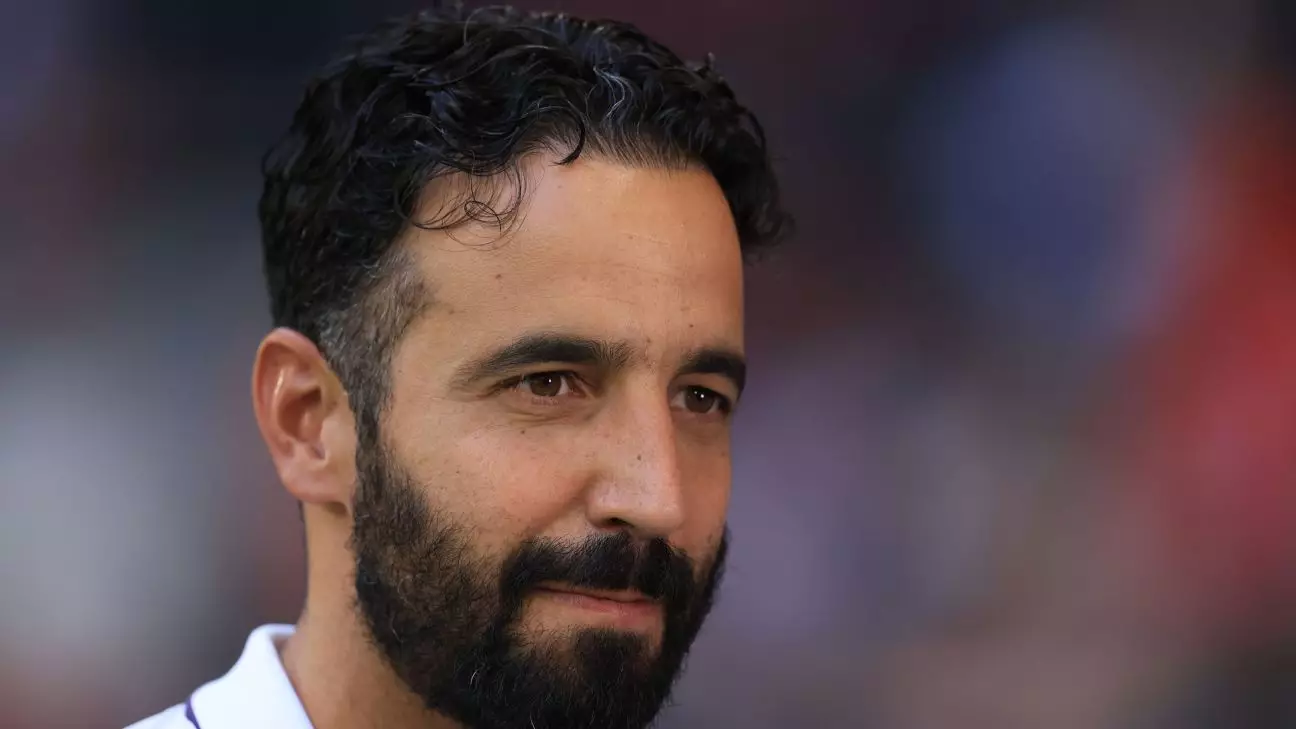Manchester United finds itself in a precarious position as the transfer window nears its close, potentially heading into the new season without a definitive No. 9. After a prolonged, often frustrating search for an elite striker, the club remains without a concrete solution. Despite heavy investment in other areas—most notably the signings of Matheus Cunha and Bryan Mbeumo, who combined scored 35 Premier League goals last season—the pursuit of a true goalscorer has yet to bear fruit. The club’s efforts to acquire familiar names like Liam Delap, Viktor Gyökeres, and Hugo Ekitike have all fallen short, pointing to a potential gamble: trusting the squad’s current options to deliver the goals needed for success. This reliance on existing players exposes vulnerabilities, especially given Manchester United’s tepid tally of just 44 league goals last term.
The club’s internal assessments suggest that additional signings could still happen, though timing and reality are beginning to clash. Conversations with agents and intermediaries continue, signaling an ongoing but uncertain process. There is an undeniable acceptance that any new striker would necessitate squad adjustments, perhaps prompting difficult decisions about player roles and squad harmony. The manager, Ruben Amorim, faces a strategic dilemma—should he persist with his current attacking options or gamble on late reinforcements to transform the team’s frontline?
Balancing Ambitions with Practical Limitations
The transfer window has become an arena of complex negotiations and high stakes, with Manchester United trying to balance ambition with practicality. Although they have engaged with several targets, the absence of a confirmed signing suggests a pragmatic acceptance that perhaps the current roster can withstand the challenge ahead. Rumors of potential deals, such as a swap involving Nicolas Jackson and Alejandro Garnacho, highlight the club’s willingness to explore creative solutions, though nothing definitive has materialized.
Adding to the squad’s compositional complexity is the ongoing evaluation of tactical options. One intriguing possibility is leveraging Bryan Mbeumo as a central striker, deploying him within a flexible 3-4-3 system. Such a tactical shift could provide an immediate remedy while extending the club’s options and preserving squad resources for future seasons. The upcoming match against West Ham in New Jersey could be a testing ground for these ideas, offering the first glimpse of how Amorim intends to optimize his personnel.
Manchester United’s broader challenge is not merely about signing the biggest names but about building a cohesive, goalscoring unit capable of competing at the highest level. Whether their patience pays off with a late signing or they pivot to plan B remains to be seen. Yet, the real question is whether this uncertainty can translate into strategic patience or will it undermine their pursuit of silverware. The clock is ticking, and United’s future hangs in the balance—an unpredictable blend of risk and opportunity.

